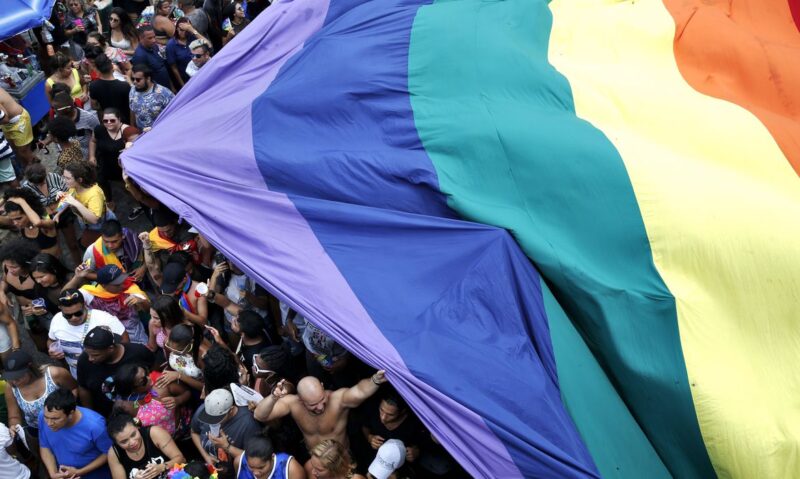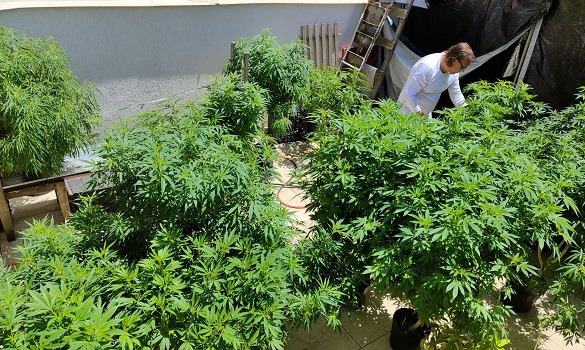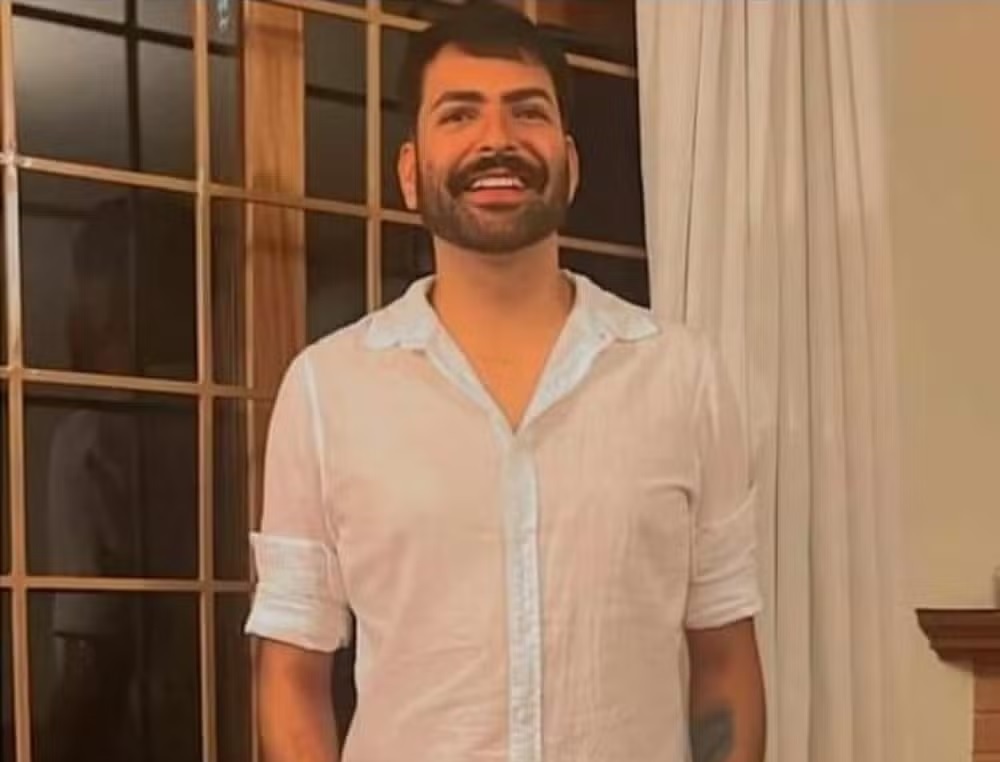São Paulo, Brazil — New research has revealed that many states in Brazil lack programs and policies to protect the rights of the country‘s LGBTQIA+ community. The recently created National Secretary for the Promotion and Defense of the Rights of LGBTQIA+ People is calling on the federal government to enact a national policy that will protect the rights of these communities, which represent around 1.8% of Brazil’s population.
According to a study released by Programa Atena (Athens Program), an alliance of different NGOs that monitor public policy, 19 of Brazil’s 27 states do not have any program in place for the LGBTQIA+ community, and only 51% apply administrative punishments for gender and sexual orientation bias in government agencies.
The study took into account three pillars for grading states on their defense of LGBTQIA+ rights, including the existence of assistance programs for members of the community, whether or not the state has an agency for creating and managing LGBTQIA+ policies, and whether or not members of the community are represented within the state councils. Each state was given a score from one to five.
Cláudio Nascimento, coordinator of the Athens Program, was surprised at what he called a “blackout” of state-level public policy surrounding LGBTQIA+ rights in recent years.
“This data surprised us. We already expected a drop in investment and maintenance of LGBTQIA+ public policies, but not a ‘blackout,’ in which 16 states have a minimum score in one of the pillars of the tripod of citizenship,” he said.
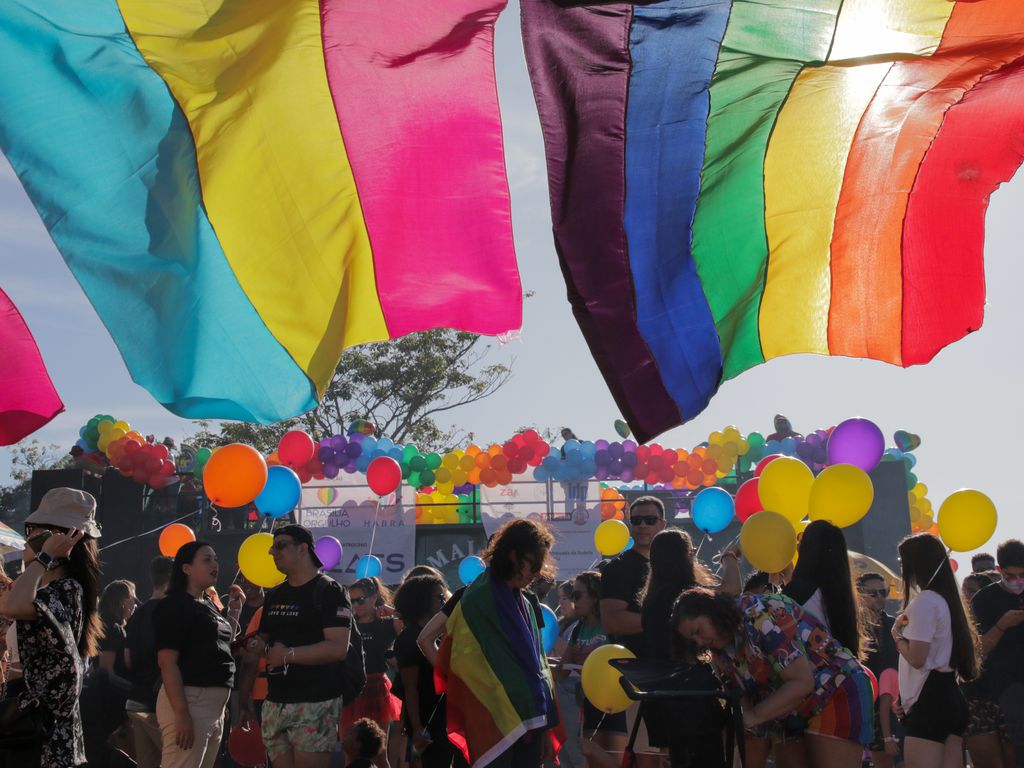
Lack of basic rights
The study shows that basic rights, such as laws that punish bias in government agencies, don’t exist in many state legal frameworks.
Just 51% of states apply administrative penalties for gender and sexual bias in government agencies.
Also, just over half (52%) of states have laws that allow transgendered people to use the names they’ve chosen after they’ve transitioned.
Other measures have been adopted on an even smaller scale.
Only 29% of states prohibit public funding for shows and events that promote homophobic or transphobic views.
And just 11% of states officially recognize historical organizations that have fought against LGBTQIA+ prejudice.
The data help to explain some of the institutional shortcomings that make life difficult for this population in Brazil, the country with the largest number of transgender people killed in the world.
Violence rates against LGBTQIA+ people in Brazil are among the highest on the planet. There were at least 316 violent deaths within the community in Brazil in 2021, the last year that the Observatório de Mortes e Violências Contra LGBTI+ (Observatory of Violence Against LGBTI+) did a study.
Of these deaths, 285 were homicides, 26 were suicides and five were from other causes — about one death every 29 hours. Gay men and transgender women suffered the most violence, accounting for 90.5% of cases.
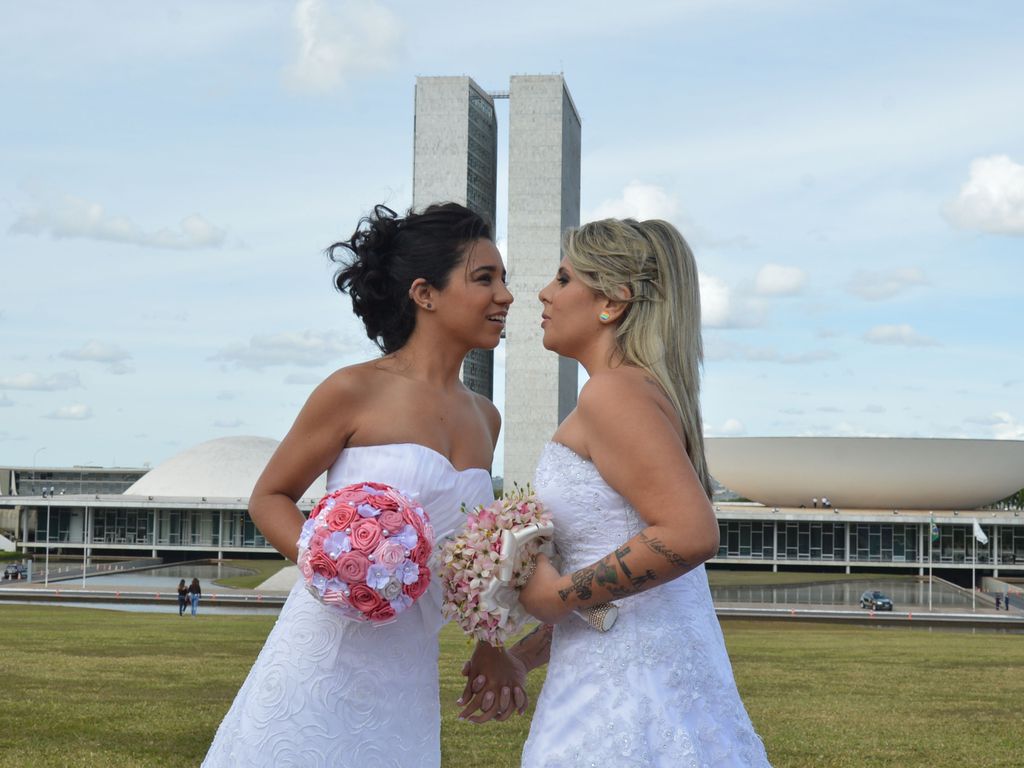
A call for national measures to protect LGBTQIA+ rights
The lack of commitment from state governments to protect LGBTQIA+ rights and combat discrimination and violence has led some national government officials to call for measures that would extend more protections to the LGBTQIA+ community.
Symmy Larrat, the country’s first National Secretary for the Rights of LGBTQIA+ People, is calling for a national law that would establish responsibilities for the federal, state and city governments for protecting LGBTQIA+ rights.
“The lack of a national norm, of a national policy, allows each state to do it its own way. In states, cities and even at the federal level, this part of the population is subject to the government’s proximity to the LGBTQIA+ agenda,” she said.
For the past four years, Brazil was led by an openly homophobic, Christian conservative in former President Jair Bolsonaro. The former president’s rhetoric — he once said, ““[If] the kid begins to look gay-ish, you just beat him up really bad and this will fix him. Right?” — has likely led to a backslide in LGBTQIA+ community progress in the country.
In one of his first moves when taking office, Bolsonaro “removed the concerns of the LGBT community from consideration by the new human rights ministry,” according to a 2019 report by the Associated Press.
According to Larrat, ideally, Congress would approve sweeping LGBTQIA+ legislation that was debated at all levels of society. She has said, however, that if the debate doesn’t move forward in Congress, the federal government will have to be proactive.
For example, if no one from Congress acts, President Luiz Inácio Lula da Silva’s cabinet could present a bill for consideration to Congress, or mandate decrees to create programs to safeguard rights. “We will need to intensify the dialogue and mediate the construction of public policies,” she said.
At the federal level, Brazil does not currently have sweeping, specific legislation that protects the rights of LGBTQIA+ people, but a number of decrees have been issued in recent years.
In 2016, a decree was amended to allow transgender people to use their chosen name on official documents, and in 2008, a decree was issued to allow sexual reassignment surgeries within the public health system.
Brazil’s Constitution, in Article 5, states that “everybody is equal before the law, without distinction of any kind, guaranteeing the inviolability of the right to life, freedom, equality, security and property,” and the Supreme Court has been the primary branch of government to uphold the rights of the LGBTQIA+ community in recent years.
In 2011 the Court authorized same-sex civil unions, in 2019 it ruled to make homophobia a crime, and in 2020, the Court overturned rules that excluded gay and bisexual men from donating blood. (Brazil’s National Justice Council legalized same-sex marriage in 2013).
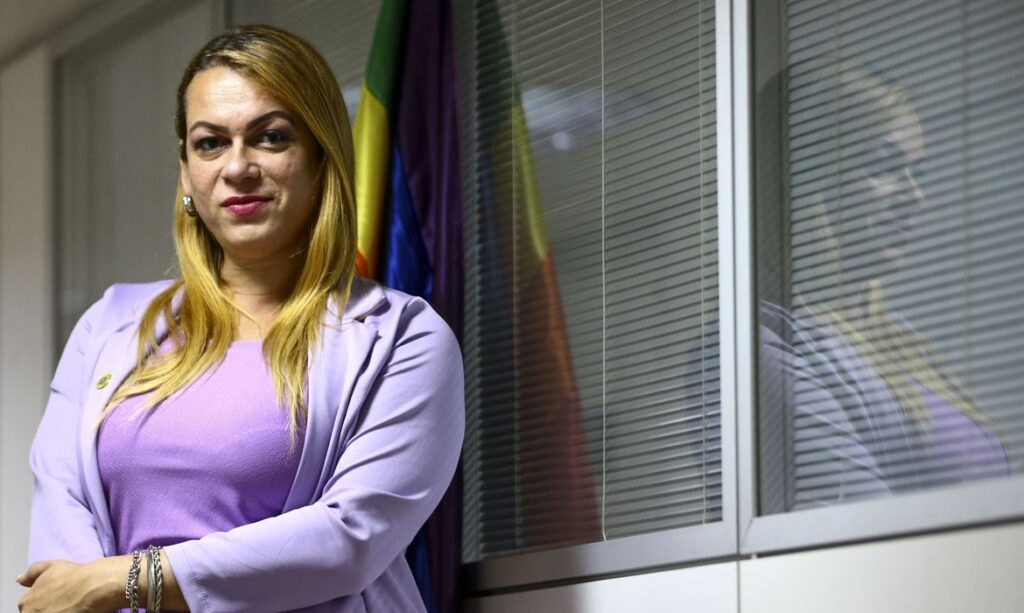
Southern conservative states ranked surprisingly well in protecting LGBTQIA+ rights
The state of Rio de Janeiro, where Bolsonaro served as a Deputy in the Chamber and where he received the most votes in the presidential races of 2018 and 2022, ranked first on the list in terms of structured programs and policies that protected the LGBTQIA+ population.
Rio de Janeiro has 19 services units dedicated to the community, distributed throughout the state. The state, however, is complex, with shifting political tides and a significant progressive population more open to social change.
The southeastern state of Espírito Santo also stood out for having a strong LGBTQIA+ representation on the state council.
Toni Reis, the president of Grupo Dignidade, an NGO that is part of the Athens Program, told Brazil Reports that he was pleasantly surprised by the position of some of the more traditionally conservative states in the study.
“What surprised me a lot was to see more conservative states, like Mato Grosso do Sul and Espírito Santo, in second and third place in the ranking, respectively, with already well-structured policies,” he said.
The regions with the least structural protections for LGBTQIA+ communities are in Brazil’s north and northeast, historically the poorest areas of the country. The northern states of Rondônia and Roraima, both only scored a 1.6 on a scale from one to five.
Notably, these state governments often have less financial resources to invest in public policies, and there are other urgent issues facing these regions, such as hunger and malnutrition among indigenous populations, and deforestation in the Amazon rainforest.
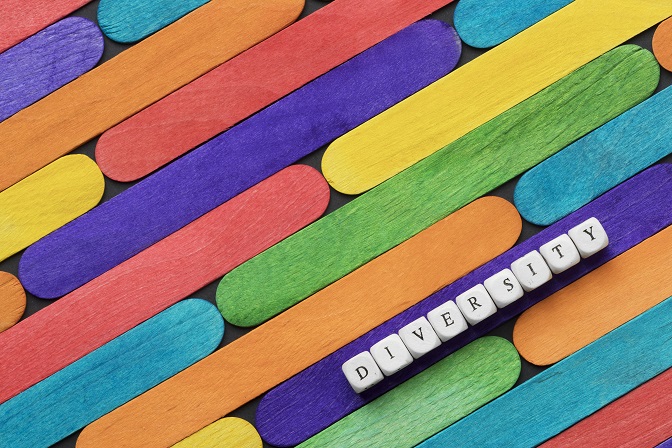
The building blocks for change
Reis, who was the first gay man to register a same-sex union in 2011, said the country should look to other countries like Holland, Denmark and Uruguay, as examples for LGBTQIA+ rights.
For him, the Athens Program study is a starting point, providing an analysis of the improvements that need to be made in each state.
“It is important to have this mirror of each state. Now, we need to strengthen the organization of society to dialogue with deputies and negotiate with governors to implement public policies,” he said.


